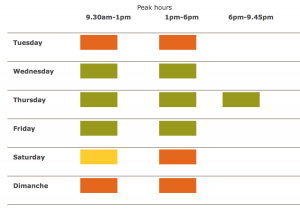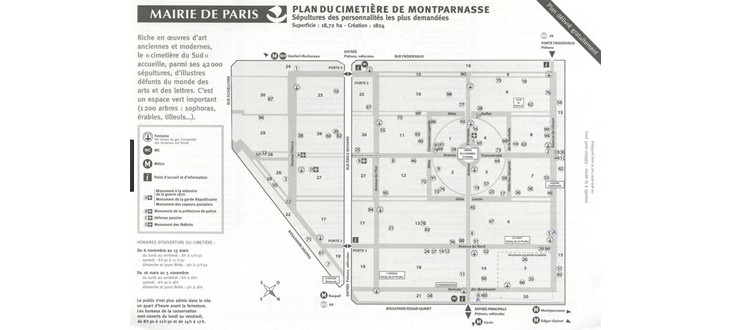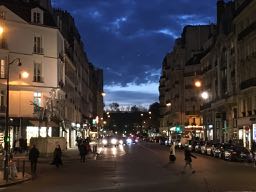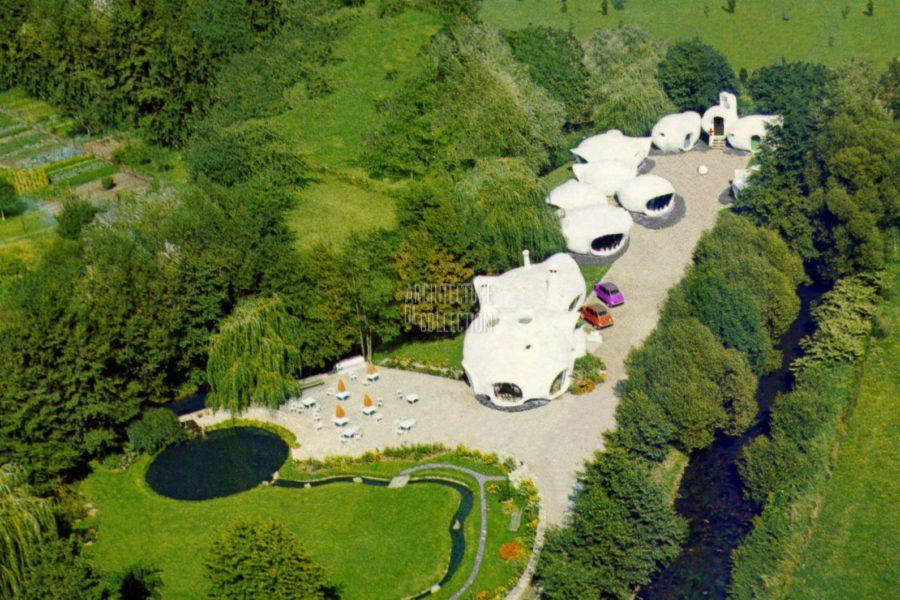In a picture taken in 1954 in front of the Café Tournon in Paris’s chic sixth arrondissement, the writers and editors of the recently founded Paris Review are arranged in a human pyramid, with a row of casually dressed women sitting in chairs at the bottom and George Plimpton, the editor and co-founder, standing at the top with a slightly bemused, self-satisfied smile and a cigarette and what looks to be a glass of wine in his hand. The photograph feels emblematic of what Parisian expatriate life must have been like in those heady postwar years: young, liberating and full of an intellectual vigor that was embodied in café life and the host of literary reviews that were springing up all across the Left Bank. Jean-Paul Sartre and Simone de Beauvoir were holding their already famous philosophical debates at a table at the nearby Café de Flore. Richard Wright had arrived a few years earlier, as had Saul Bellow and a young, and relatively unknown and impoverished James Baldwin, who was living at the Hotel Verneuil, a cheap, slightly run-down hotel nearby.






